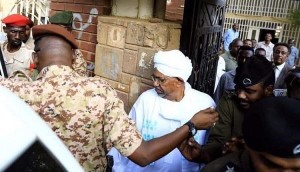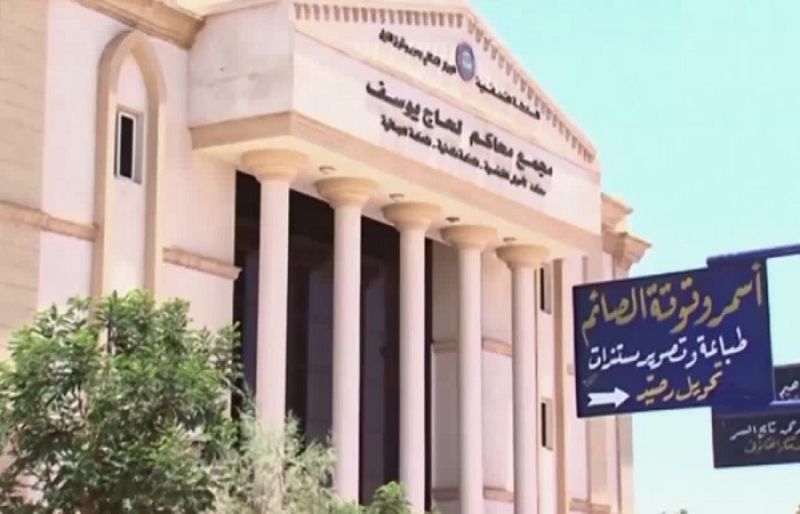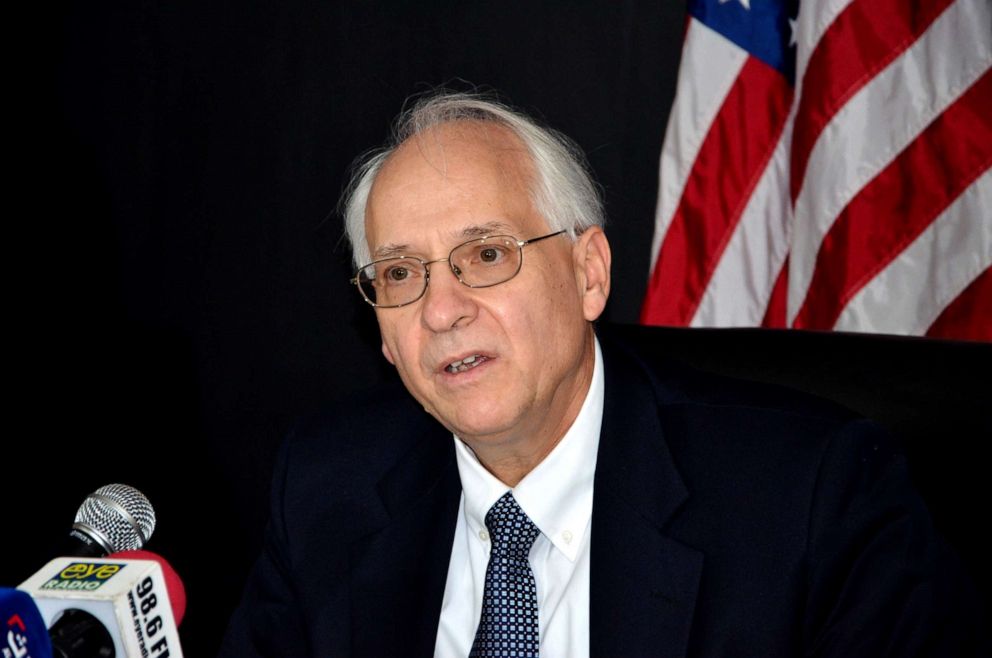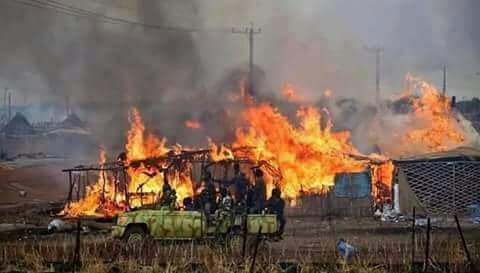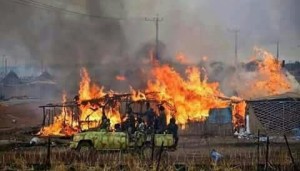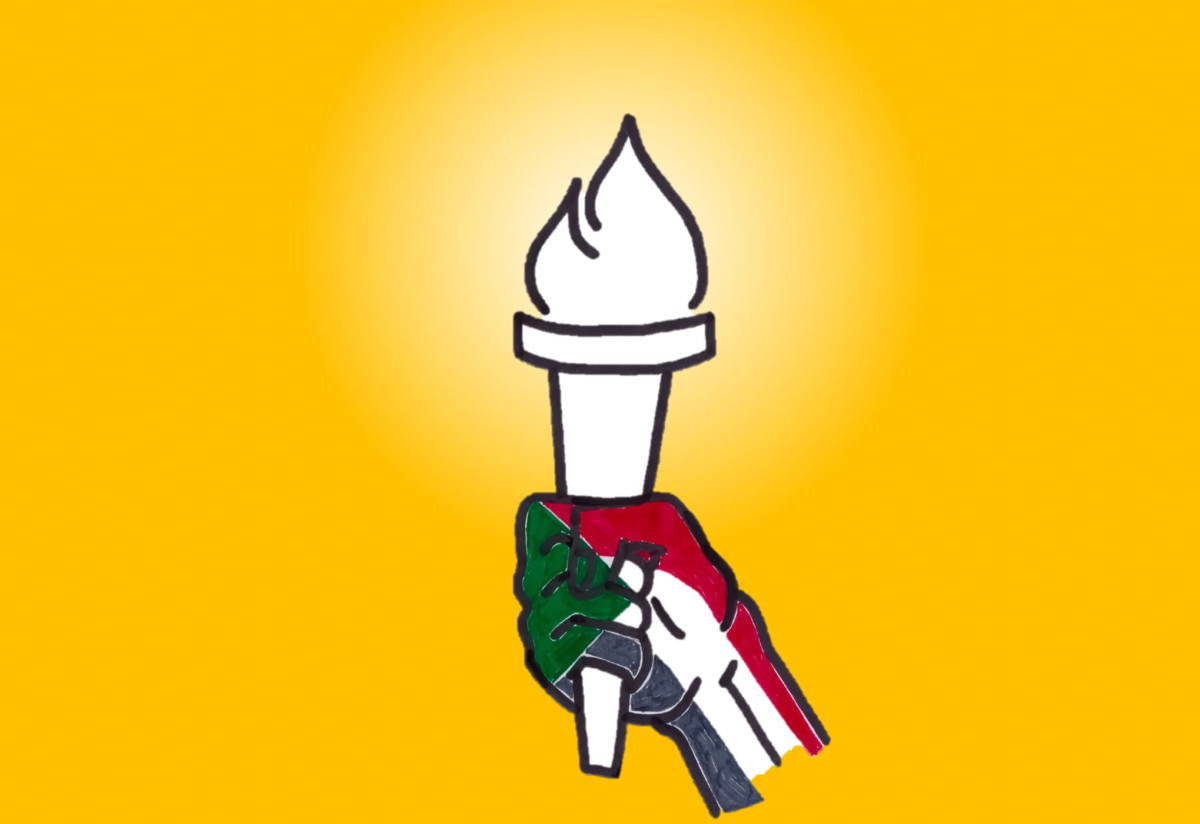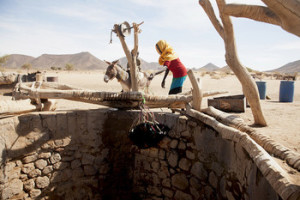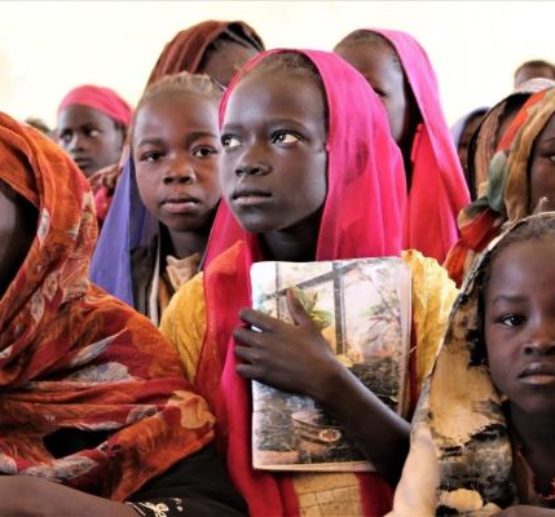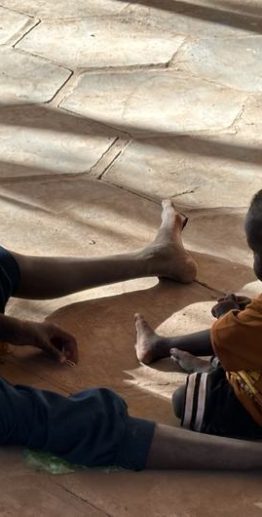WHEN A GENOCIDAIRE BECOMES A CELEBRITY
As April is Genocide Awareness and Prevention Month, every year, human rights advocates and anti-genocide activists from around the globe come together to commemorate previous genocides and renew their commitment to work toward preventing future ones. With Darfur in mind, they recognize that stopping genocides remains one of humanity’s most pressing and important challenges – and calling attention to these atrocities is an important part of global action. At this time each year, we at Darfur Women Action Group ask, “How can the world be serious about ending these atrocities when Sudan’s genocide, one of the longest and most widespread in modern history with more than 300,000 dead in the first three years and millions displaced, now in its 17th year, continues to be ignored by the global community?”. Discussing prevention of future genocides while ignoring an existing ongoing one makes genocide prevention a theoretical concept, not a reality.
In the wake of the Sudanese government’s scorched earth campaign to systematically kill and displace the people of Darfur in 2003, the world outcry was loud and forceful. A sizable United Nations (UN) and African Union force was deployed to stop the violence – and a peace agreement was signed in 2006. The person responsible for these horrific crimes, President Omar al-Bashir, was indicted by the International Criminal Court for genocide, war crimes and crimes against humanity. It seemed to prove that global action had been effective.
But as we now know, al-Bashir’s determination to wipe out the entire African population of Western Sudan and his greed for power has not waned. He increased his control over the free media and found allies in powerful nations. He then told the world that he would disband the militia responsible for committing genocidal acts and created a false narrative that Sudan had turned a corner. The global community believed him and echoed this sentiment.
Subsequently, the United States (US) began a push to normalize relations with Sudan and the European Union (EU) paid the Sudanese government hundreds of millions of euros, relying on a genocidal government to increase border security forces, whereby stopping the flow of African migrants into Europe. In addition, the UN endorsed plans to decrease its peacekeeping operations in Darfur. With this newfound power, al-Bashir not only restarted his campaign of violence but expanded it to the South Kordofan and Blue Nile regions.
The violence surged in 2013, and al-Bashir’s second wave of violence displaced another million people in Darfur. To date, more than three million people live in refugee camps in Sudan and neighboring countries, fearful of returning home. Meanwhile, their land has already been allocated to and is occupied by al-Bashir’s loyal settlers. How is this an end to the genocide?
Al-Bashir’s move to exterminate the entire population of Darfur is as systematic today as it was in 2003. In 2014 alone, more than 3,000 villages were burned to the ground. In 2016, the government used chemical weapons against its own people, killing more than 250, mostly women and children, and leaving hundreds suffering from debilitating injuries. Humanitarian aid has been systematically blocked, and if the UN makes good on its promise to remove all of its forces, there will be nothing left to protect civilians or ensure they have at least some access to food, water, and medicine. At that point, al-Bashir’s goal of exterminating the African population of western Sudan will be nearly accomplished.
Rape continues to be used as a weapon of war. Women are raped during attacks, while seeking refuge, and even while just performing daily chores within the premises of the internally displaced persons (IDPs) camps. These incidents of rape are grossly underreported by humanitarian agencies and UNAMID. To date, the medical, psychological and social needs of victims are still not being addressed.
In addition, rape victims are threatened for speaking out. After the 2014 rape of 221 women and girls in Tabit, government forces threatened the victims and witnesses of these attacks, ordering them to not provide any information to UNAMID. Women who tried to resist or fight back were regularly cut, stabbed, and/or mutilated with knives to instill fear in them. Moreover, Sudanese laws are reinforcing institutionalized violence against women and allowing perpetrators to walk free. In April of 2018, a 19-year-old girl, Noura Hussein, was sentenced to death for defending herself against her rapist. She had stabbed him as he attempted to rape her for the second time, and without intending to, she killed him. The international outcry at the unjust and misogynistic legal system in Sudan led to the overturning of her death sentence, but shockingly, she was still sentenced to five years in jail and ordered to pay a fine of $18,700.
How can we honestly say that we want to stop future genocides when we turn a blind eye to what is happening in Sudan? Al-Bashir, with the two warrants of ten counts for his arrest, travels freely and is welcomed by international dignitaries as if he is the world’s most important celebrity. US Congressional and Administration delegations travel to Khartoum, Sudan to discuss how the two countries can do more business together while its president presides over multiple genocides. In its most recent report on the global refugee situation, the UN did not even list Sudan as a pressing concern. Rather than discouraging future genocides, these actions tell brutal autocrats that the world will not stand in the way of their bestial behavior. When accountability for the most heinous crimes is dismissed by our leaders, when criminals are celebrated, and when we choose silence – nothing will stop the current or deter the future atrocities from happening. As he sees his freely granted pass and as he preens in the midst of his new found celebrity status, Omar al-Bashir is now emboldened by securing his special place in the hearts and minds of superpower leaders.
For 30 years, the man has used divide-and-conquer tactics as he divided the people of Sudan across ethnic, religious, political and geographical lines. While his regime was actively exterminating the people of Darfur, the rest of the Sudan populace was just doing business as usual. Today that tactic has expired as the entire country has awakened in an unprecedented uprising that brought hundreds of thousands to the streets to demand the resignation of al-Bashir, whereby allowing the possibility of peace, freedom and justice to take hold in Sudan. al-Bashir’s response has been brutal violence. And yet, Sudanese from all walks of life remain united and determined – with hope increasing nearly every day. Regrettably, the international community continues to fail to respond to al-Bashir’s brutality. While the regime is killing protesters, its regional and international allies are secretly meeting, assuring al-Bashir of their backing in a 2020 election. By doing so, they are actively stealing the hope for change from the Sudanese people and allowing criminal al-Bashir to get away with murder.
When people’s power prevailed, al-Bashir has been forced to step down, dismayingly his defense minister has been Installed in to control the military with hope to grant impunity for al-Bashir and other criminals. Subsequently he stepped down as people unanimously rejected his leadership. Again, they nominated the most notorious military commanders, the twin head of the Rapid Support Forces (RSF), forces loyal to Bashir responsible of genocide committed in Darfur As the news of change is welcomed, these developments put Sudan at a dangerously defining moment that needs us to stay vigilant-make it know that impunity for genocide crimes must not be an option.
In 2006, the world woke up with outrage to the campaign of genocide in Darfur. Politicians, celebrities, scholars, students and ordinary citizens demanded action to great effect. What we need now is a sustained re-awakening. The only way to stop future genocide is to make sure that Celebrity Omar al-Bashir does not get away with the one being perpetrated right under our noses.
Niemat Ahmadi, President, Darfur Women Action Group
